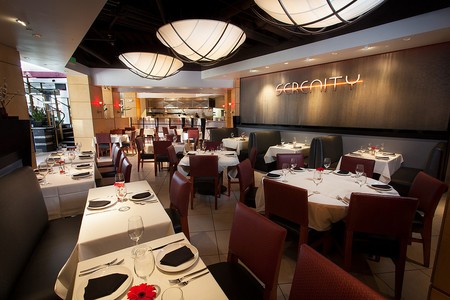

This study used consensual qualitative research methodology to analyze focus group data from individuals in short- and long-term recovery in rural Michigan and Minnesota.

Substance use and associated fatalities are disproportionately experienced by rural communities. This helped reduce social isolation experienced in early-recovery and provided a pathway into more structured opportunities for volunteering and employment. The transition in network composition between pre-recovery and the present indicates a different set of social influences, while the similarities in network structure indicate that the recovery network replaced the role of the using network in providing close bonds. However, there was no significant transition in network structure, with AOD-using and recovery networks both consisting of strong ties and a similar density of connections between people in the networks. There was a significant transition in network composition, with the replacing of AOD-using peers with recovery peers and a broader transformation from relationships being framed as negative to positive. These were complemented with qualitative interview data. Measures included size and density, closeness of members, and their positive or negative influence, proportion of alcohol and other drug (AOD) using and recovery peers, and extent of separate subgroups. Network measures were compared between two timepoints, just prior to current recovery and the present time. Ten men were recruited from a peer-worker programme, in the South Ayrshire Alcohol and Drug Partnership (ADP), West of Scotland. To understand how the social networks of a new recovery community can help sustain recovery, focusing on processes of social identity change, in the context of the wider UK recovery movement.Ī cross-sectional, mixed-methods social network analysis (SNA) of ego-network sociograms to map network transitions, using retrospective measures. We conclude with an analysis of what community-based recovery groups and the wider recovery movement can contribute to a contemporary understanding of prefigurative politics.

To illustrate our argument, we provide examples of community-based recovery groups and the approaches they use in addressing the identified needs of their recovery community. We argue that collective action in recovery groups is derived from the formation of an opinion-based social identity and results in alternative approaches to unmet needs, creatively addressing these identified needs through the utilisation of personal, social and collective resources within an emerging recovery community. In applying a contemporary analysis to prefigurative politics, we explore the contribution of community-based recovery groups to the recovery movement, a socio-political movement in the fields of mental health and addiction treatment. Serenity Made works with experienced importers as well as new or one-off importers and prides itself on flexibility of service.The concept of prefigurative politics has re-emerged following recent worldwide uprisings, such as the Occupy movement, to which this concept has been applied. Our clients include designers and architects specifying and designing products for their clients, commercial fitout companies looking to work with a furniture manufacturer, and venues such as restaurants, cafes, hotels and resorts. We work with a large range of clients in Dubai, Abu Dhabi and right across the U.A.E. If you are looking to buy from China furniture that meets the needs of commercial use we are your number one go to! Serenity Made is a specialist in the w holesale furniture market and helping clients access furniture from China. As a supplier of the hospitality industry in the United Arab Emirates, Serenity Made understands the quality and style needed for this competitive industry. Serenity Made is a quality hospitality furniture wholesaler located in Guangdong China.


 0 kommentar(er)
0 kommentar(er)
